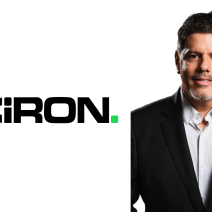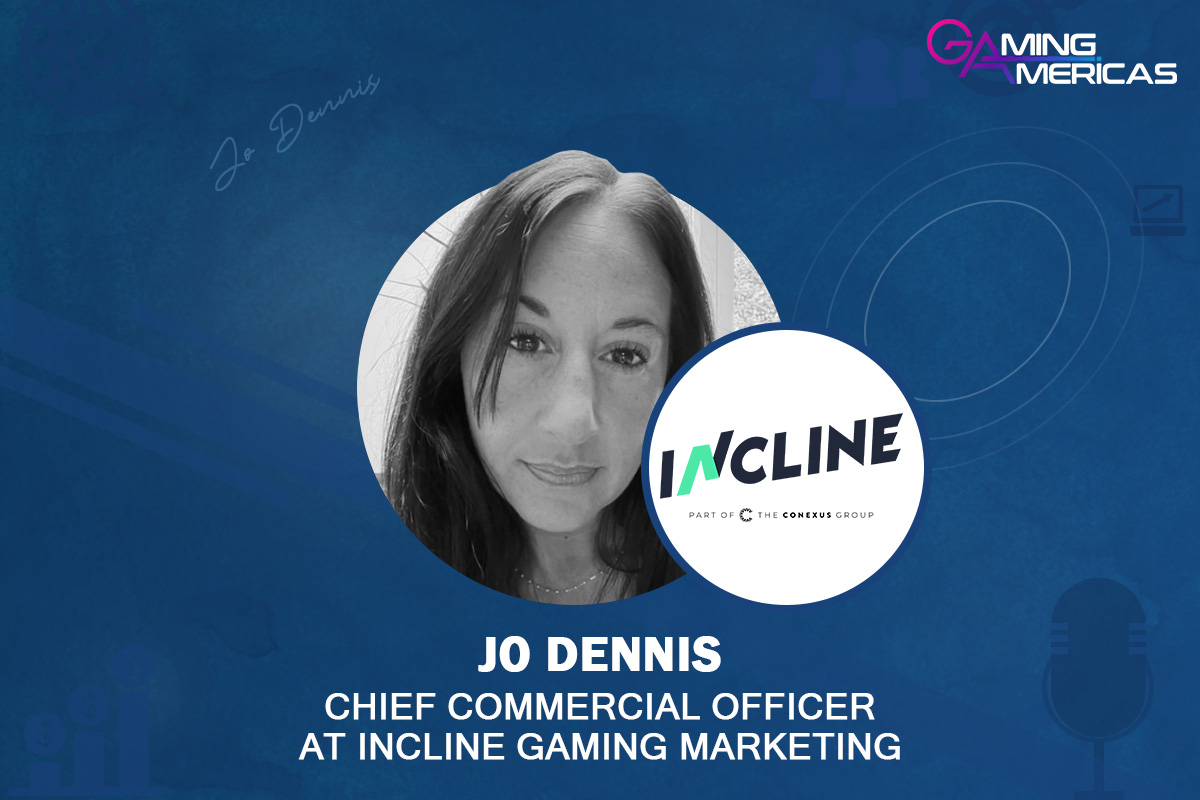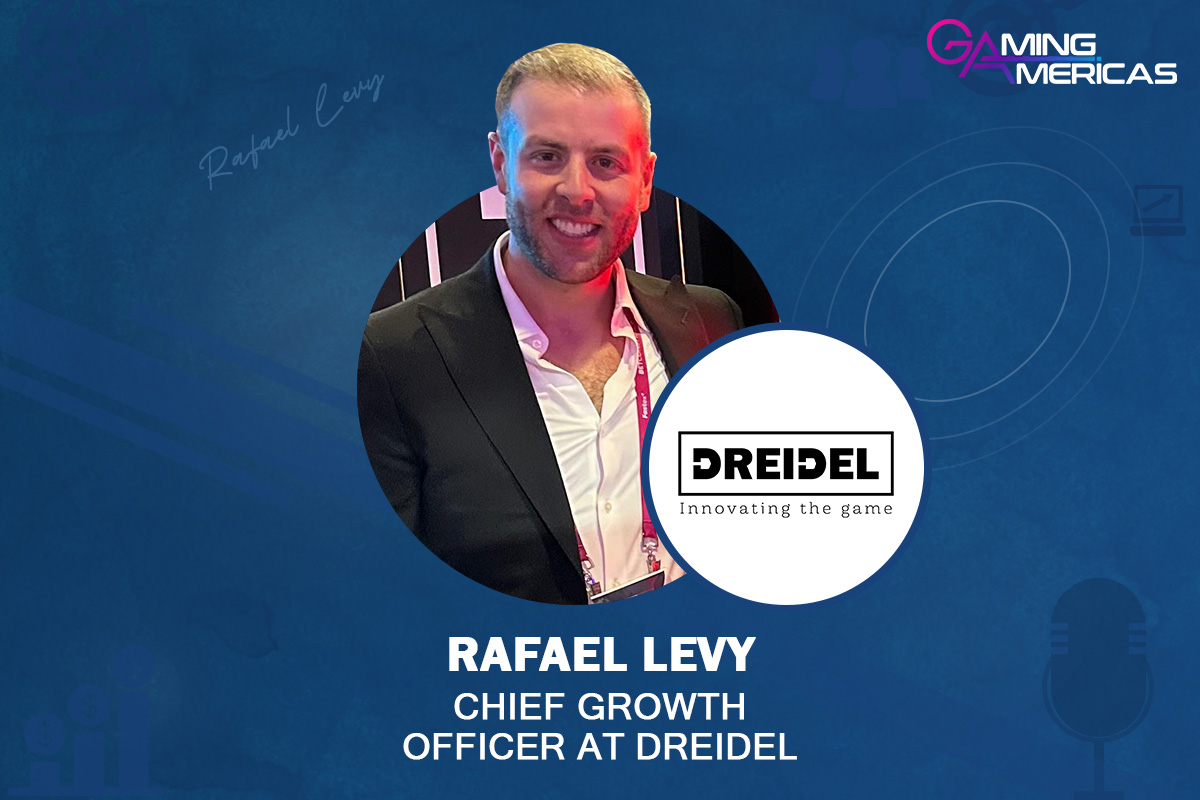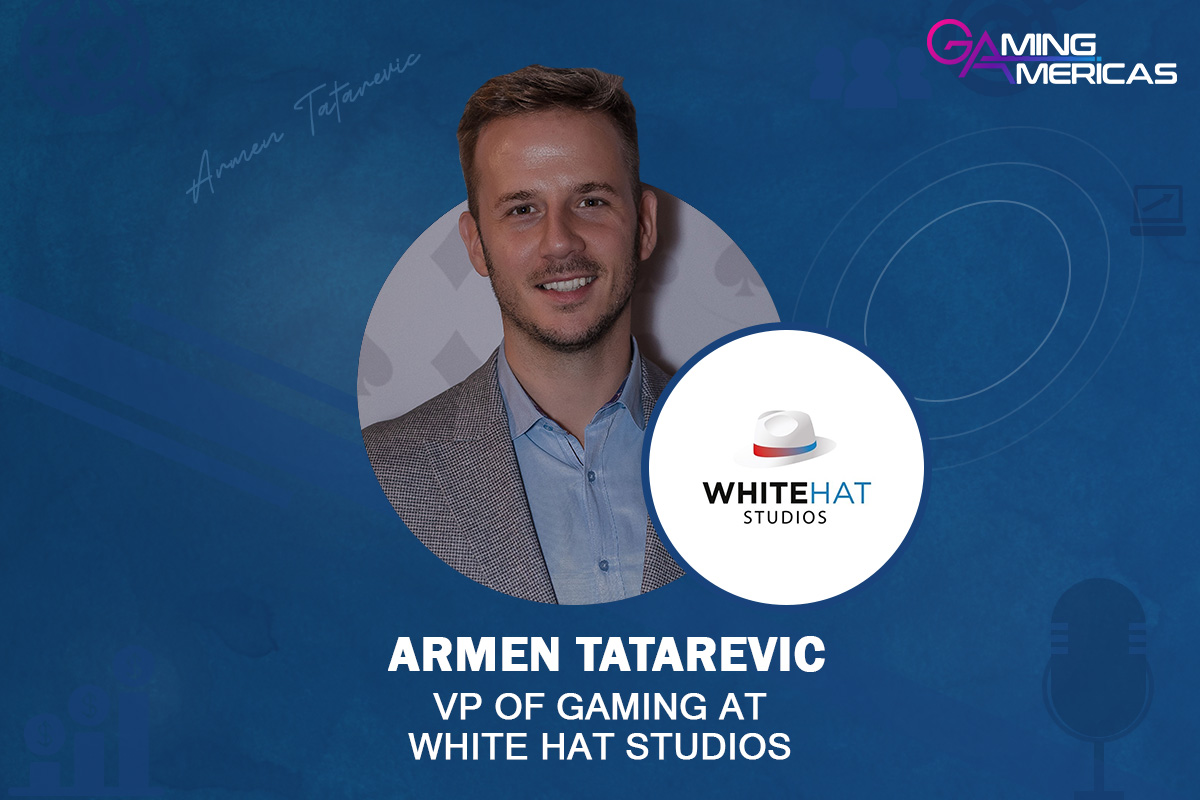
Review Fatigue Is Real: How to Make Casino Comparisons Clear, Honest, and Human
Sebastian Jarosch is the founder of Mithrillium Media Ltd, and a very famous figure in the iGaming industry. His contributions to the market have been immensely influential. Jarosch has overlooked several projects relating to the online gambling market, most notably those involving affiliates. Because of his past works, we believe he is uniquely qualified to address the topic of Review Fatigue, that seem to be plaguing the industry right now.
Actions speak louder than words. And Jarosch’s actions have earned him several of the most notable industry awards. Among the most notable are the Casinomeister 2020 Awards for Best Casino Group, the AskGamblers Awards for Best Partner in 2021, and the Affpapa Awards Affiliate Programme of the Year 2022.
Interview Questions:
What is “review fatigue,” and why do you think it’s becoming a growing issue in the iGaming space?
Review fatigue happens when players are faced with repetitive, overly long, or generic content. With so many casinos offering similar bonuses, games, and licensing, users quickly lose interest if every review sounds the same. Many reviews lack real insight and simply list features without context, often sounding too good to be true. As a result, players tend to skim or move on entirely, especially if they’ve already seen the same structure and wording on multiple other sites.
How can overly technical or overly promotional content alienate users instead of helping them?
When content is too technical, it can confuse or intimidate newcomers. Ideally content is educational and written with the player in mind. On the flip side, a sales pitch feels dishonest, especially to experienced players who know what to look for. Users are looking for clarity and guidance, not marketing sugar coated casinos. If a review sounds like it’s trying to sell rather than help, it erodes trust immediately. Players want transparency, real pros and cons, not just buzzwords.
What are the most important things players want to see in a casino comparison, and what can we safely leave out?
Players want to know the promotions, payment methods, withdrawal speeds, licensing, game variety, and reliability of a casino. They also care about things like support quality, KYC, ownership, RTPs, and real player feedback. What they don’t want is generic content that could apply to any casino and offers no real value. Sites like Casino-Groups help players pick the right casinos based on individual preferences.
How do you balance clarity with completeness when writing or designing reviews?
It’s all about prioritizing information and guiding the reader. We aim to answer the most important user questions right at the beginning, often using summary tables to make things easier to digest. More detailed information comes later for those who want to dive deeper. It’s important to avoid walls of text and explain complex terms in plain language. The goal is to give users exactly what they need to know, without bombarding them with unnecessary information.
Do players trust shorter, more digestible content more than long-form reviews today? Why or why not
Shorter content tends to convert better because users find what they’re looking for quickly, without digging through long paragraphs full of filler. Dense, meaningful content with no waste often performs best. A short, clear, and well-structured review can build more trust than a long one filled with fluff. That said, some players do enjoy longer reviews, especially when they’re broken up with visuals, clear sections, and genuinely useful insights.
What role does tone of voice play in making reviews feel more human and less “salesy”?
A review should feel like it’s written by a real person who’s an expert in the field, not by ChatGPT or a salesperson. We use conversational language where possible and speak directly to the user. If something’s bad or a bonus is just average, it needs to be mentioned. That kind of honesty builds far more credibility than flashy design or empty buzzwords.
How do you verify and present information (e.g., licensing, terms, payment speed) in a way that’s both accurate and user-friendly?
We manually verify everything by signing up, testing support, and reading the fine print. We also check licenses through official registries and monitor user feedback on watchdog sites. To present the information clearly, we use tables, lists, screenshots, and both internal and external links to relevant pages. All our reviews follow a consistent format so players know what to expect and can easily find the details they need.
Have you experimented with visual elements like comparison tables, badges, or rating meters to reduce cognitive load?
Pictures speak a thousand words and help break up content into smaller, more digestible sections, reducing review fatigue. We use comparison tables for things like bonus terms, game selection, and payment methods. Every review includes a rating, and we apply badges to highlight our top casinos. This makes it easier for users to compare options at a glance and make smarter decisions with less effort.
What strategies do you use to keep review formats consistent while still personalizing the experience for different user types?
We follow a consistent structure that works well for both SEO and conversions. However, if a specific area needs emphasis or additional context, we’re happy to deviate from our standard format to ensure topical completeness. Some casinos offer unique features that deserve extra attention, and in those cases, we’ll add dedicated sections. The framework is consistent, but we stay flexible where it counts.
Looking ahead, how do you think casino reviews will evolve to meet changing user expectations and attention spans?
We’ll see more interactivity, personalization, and smarter use of data. Reviews could adapt in real time based on user preferences, highlighting crypto options for one user and game selection for another. AI chatbots may help users find the best match and answer questions about a casino instantly. Integration with platforms like Discord or Telegram where players can exchange themselves could also make reviews feel more social and trustworthy. Reviews need to become sharper, more authentic, and more genuinely helpful than ever before.











